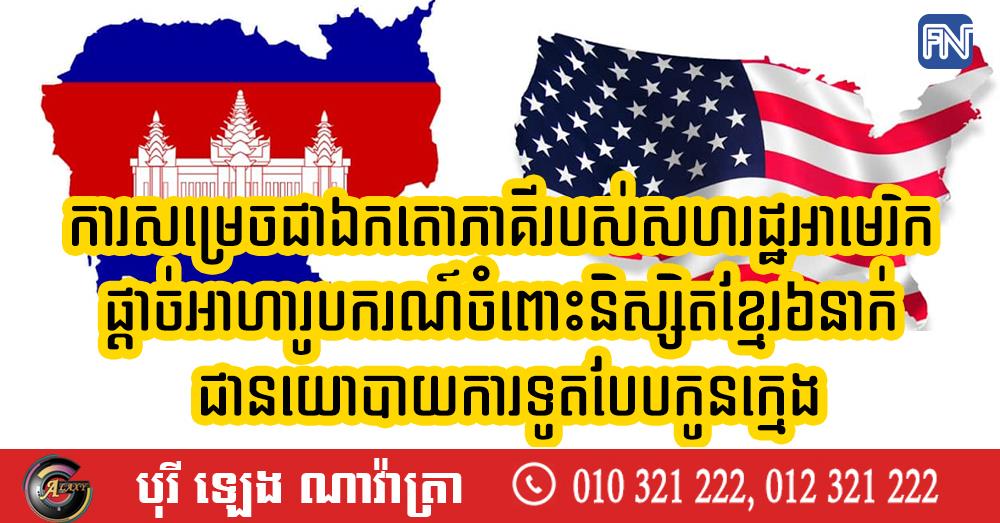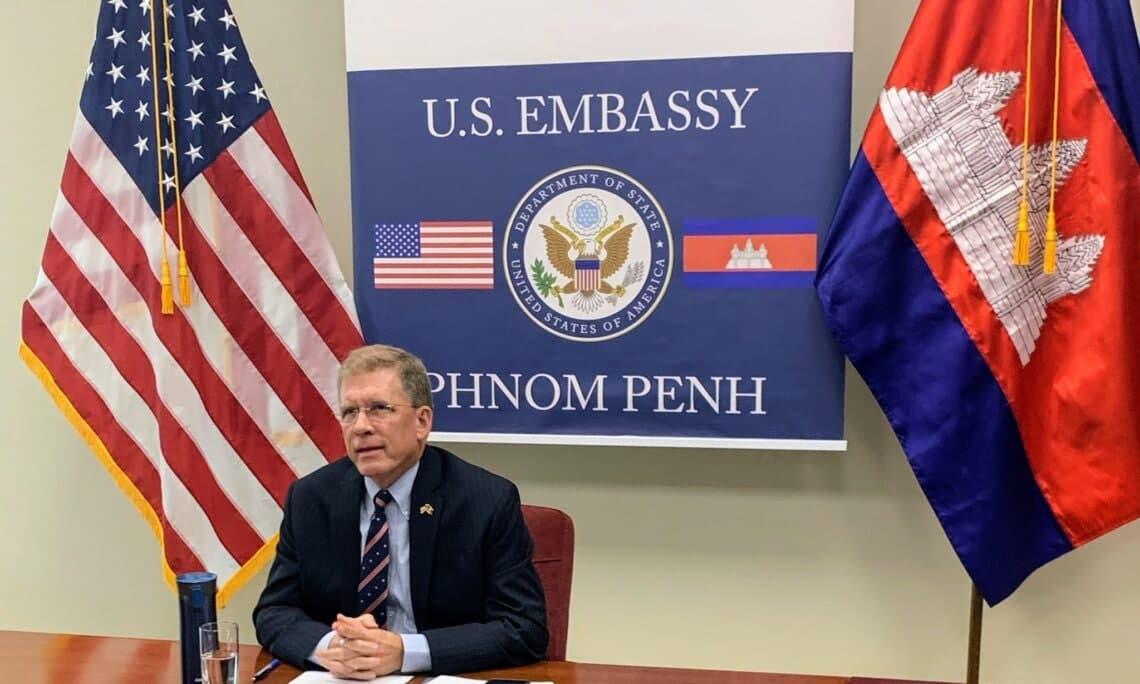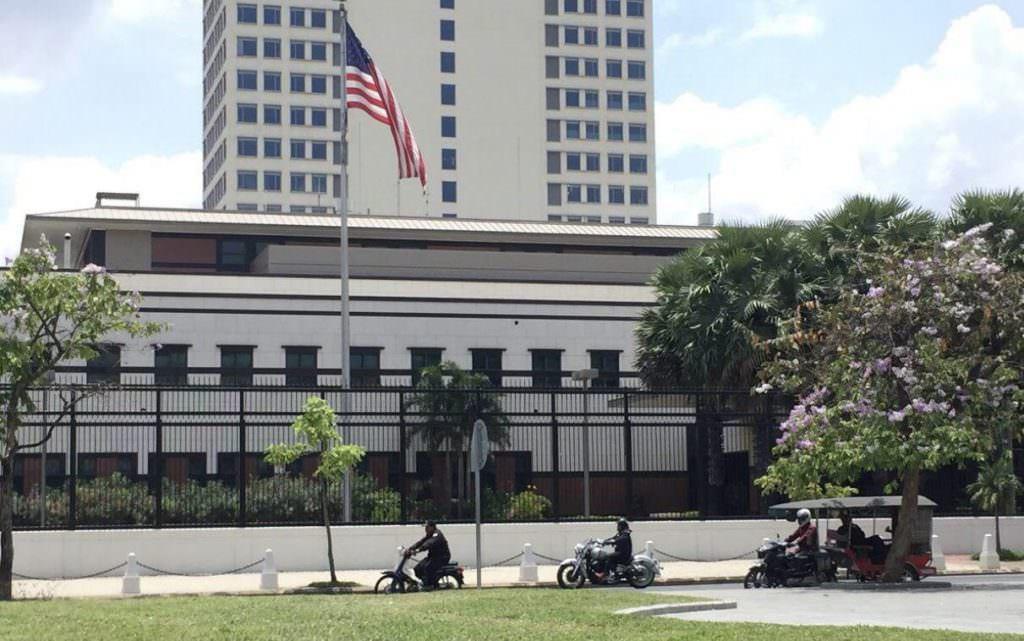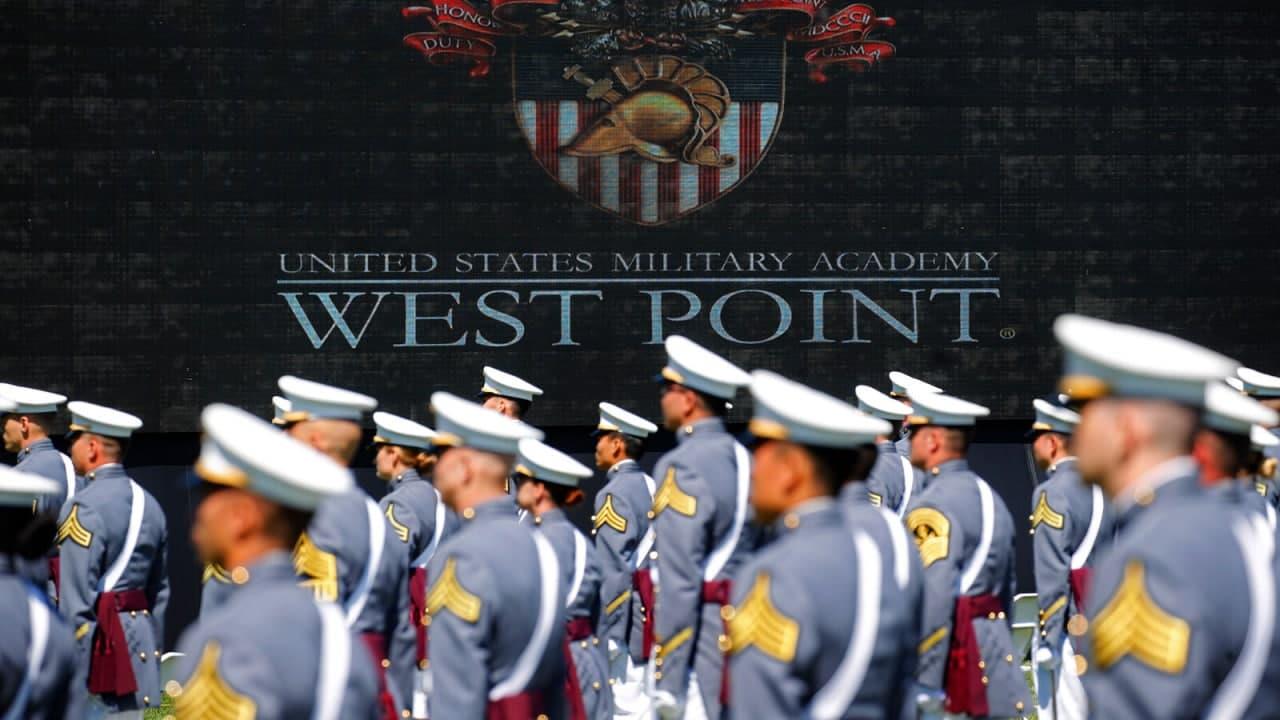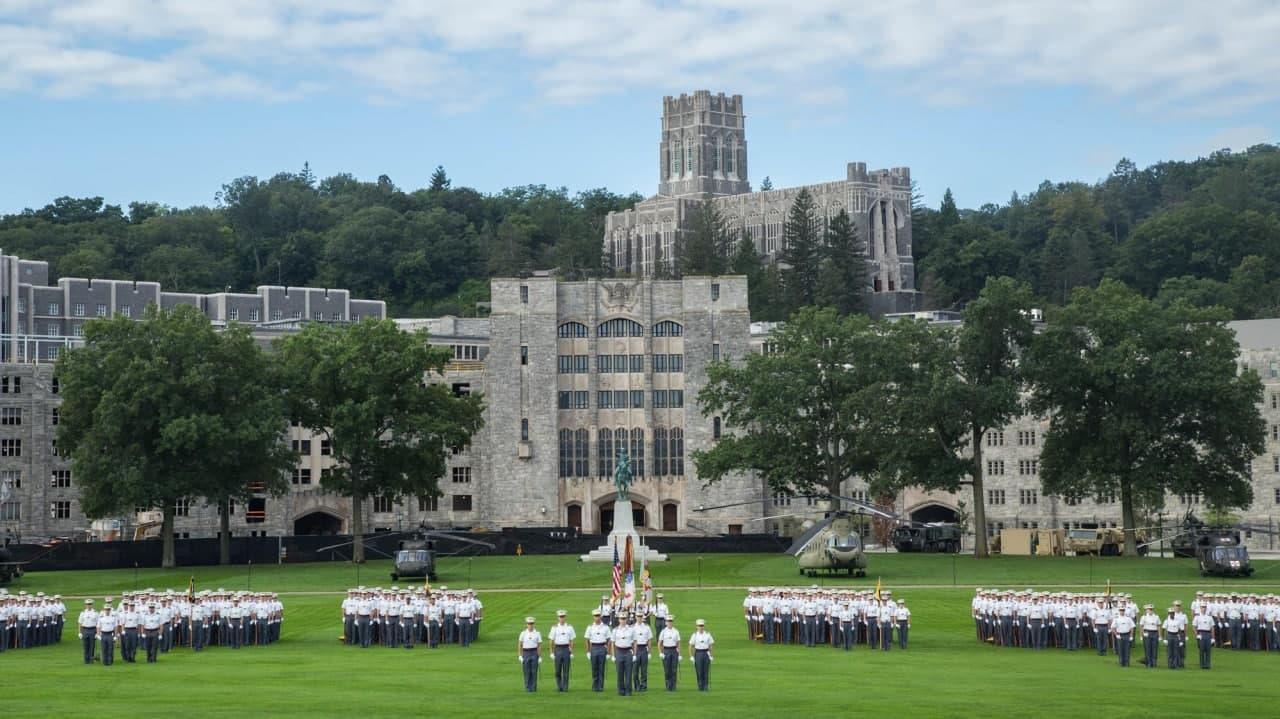Phnom Penh (FN), Jul. 6 – Six Cambodian cadets’ dreams, which were shattered by the United States’ inhumane unilateral decision to end their scholarships over “childish political reasons,” have had their dreams realised following the Royal Government of Cambodia’s commitment to fully support their tuition fees until the completion of their degree.
This shows the RGC’s responsibility towards the cadets’ future: the “priceless” spirit and virtues of the Cambodian people in Mr Hun Sen’s era. Despite being a “small and poor” nation, Cambodia shows its “generous” heart, dignity, pride and maturity in its political and diplomatic dealings, and under the leadership of Prime Minister Hun Sen, insulting Cambodia may find “no room.”
Cambodia “makes enemy” with no one and has continuously put forward “reforms” under the motto: “continuous domestic reforms and making more foreign friends but not risking its independency.”
The reasons why the US abruptly decided to terminate the six Cambodian cadets’ scholarships were purely “political.” According to the US embassy spokesman in Phnom Penh, the abrupt ending to the scholarships came “following Cambodia’s curtailment of cooperation in several areas of traditional bilateral military engagement, thus losing its eligibility for US military service’ academy program. The decision was heavily criticised as “inhumane” and risked “harming those fully-competent youth’s future,” for what was deemed to only serve the US’s geopolitical games. The decision also shows that US claims of helping Cambodia might not be “from the bottom of their hearts;” in other words, their assistance to Cambodia came with conditions or were “bound with a trap” to serve their political interests.
If the US wished to sincerely help Cambodia, the US embassy officials in Phnom Penh could have objected to such an “amateurish” act as the decision is deemed as a move to destroy the youth’s dream and against their steadfast will in their quest for education in the military sphere.
The unilateral decision to end the scholarships reveals how immature the superpower was in dealing with those cadets who were “hungry for knowledge,” and the world might see how this superpower’s diplomacy work: they always claimed to love and want to help you, but you should not expect the US’s sincere assistance.
This is true to the theory, which states that “in diplomacy, there is no common friend or enemy; there is only common interests.” The Cambodian people understand this clearly, since they had “a good lesson learned” from their history, especially during the 1970s, when the US backed General Lon Nol and Prince Sisowath Sereymatak to overthrow Samdech Preah Norodom Sihanouk from power and provided its successor, the Khmer Republic regime with material support and loans for domestic wars – the “dirty” debt which the US has reiterated and insist must be paid current RGC to pay.
Prince Sisowath Sereymatak’s letter which responded to the US Ambassador in Phnom Penh days before the collapse of the Khmer Republic read, “I am terribly sorry for my only one big mistake: my belief in the US.” It is the US that had dropped approximately three million tons of bombs, causing “uncountable” destruction to Cambodia, and later, together with its allies, imposed political and economic sanctions against the survival of Cambodian victims and supported the Khmer Rouge – the regime that caused trauma to the nation and its people before it had been overthrown on 7 January 1979 – and continued to occupy Cambodia’s seat in the United Nations.
The six Cambodian cadets who were pursuing studies at four US Military Service Academies were told that their scholarships would be “cut short” before their terms ended. Among the six cadets, two are attending West Point Military Academy, two others are at the US Air Force Academy, one is at US Naval Academy and the one is at the Coast Guard Academy.
The US came under scrutiny with its decision to terminate their scholarships – the decision deemed “immoral” and political-motivated – as the two countries’ bilateral relationships became “complicated,” especially following the US’s “groundless” accusations over alleged and yet to be proven Chinese military’s presence and Chinese navy’s “utilising” of the Cambodia’s Ream Naval Base and Dara Sakor Development Resort. Those politically-motivated and baseless accusations by the US were “meant” to serve their geopolitical interests.
Similar accusations have been successfully made by the US and its allies against Iraq, and the nation is now torn apart by war and destruction. Cambodia does not want war, and is enjoying peace, development, democracy and freedom as a sovereign and independent state.
People in Cambodia and the world see clearly the US’s diplomatic stance and how the superpower is so desperate to maintain its influence and interest in the Indo-Pacific region that it breaks it’s “humanitarian and moral principles.”
On one hand, the US, through its embassy officials, urge Cambodia to strengthen cooperation on various sectors with them, while on the other hand, they gradually cut its “tie and cooperation.” Such a “contradictory” or “childish” diplomacy – is deployed by the superpower who self-proclaims that they are the Prophets of Democracy and Human Rights and want other countries to follow suit.
However, ubiquitous lessons, such as “racial discrimination” shootings of Black Americans by White police officers, the Anti-Asian sentiments the US is facing, the democracy in which “anarchic” protestors stormed the Capitol Building to protest against the election results, are not values to be shared.
The US should be sincere in their dealings! If the terms were agreed upon to help Cambodian cadets to pursue their studies, they should be sincere and should not contain any “hidden, wily” conditions. The US should learn from other “foreign” friends and should realise that not every single word of a superpower is true and they always can do whatever they want.
More specifically, the US embassy officials in Cambodia should be “more mature” in their diplomatic relationship; Cambodia is in the peaceful Techo era and is mature enough to understand their tricks.
Cambodia’s leaders have sacrificed their lives to salvage the Cambodian people from the Khmer Rouge regime and bring full peace to Cambodia and they have reiterated that “Cambodia does not trade its nation’s sovereignty and peace with assistance.”
Chao Chak Smok, a Cambodian analyst
